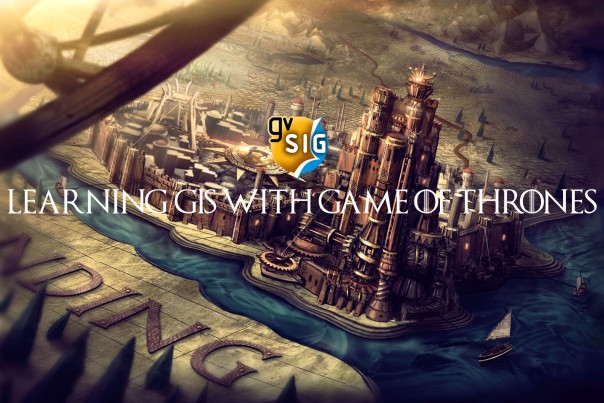Still being planned (Newcastle is still a tbc):
- Mo We 20-22/11 UCL QATAR, workshop and talk on 3D and the archives
- Th Fr 23-24/11 AM only UNESCO Paris
- Mo 27 Glasgow
- Tu 28 am session at School of Simulation and Visualisation U. of Glasgow (not a talk but a session, tbc), possible afternoon visit to Newcastle.
- We 29 15:30 give a talk at U. of Salford, “Rethinking Virtual Places”, http://www.salford.ac.uk/research/amc/research-groups/cultural-communication-and-media
- Th 30 Manchester conference, Inside Out: Avatars, Agents, Cultural Agents, http://www.alc.manchester.ac.uk/icp/connect/events/digital-heritage-conference/
- Fr 1/12 Manchester conference, fly out 15:30
The 3 talks:
UCL Qatar: (tbc), 20 or 21 November 2017:
Talk, workshop and debate on Historical narratives and digital spaces (place tbc)
Salford, 29 November 2017:
Rethinking Virtual Places
This talk will cover my recent thoughts on what is a virtual place and a virtual world, and why we seem to have shifting, even varying notions of virtual reality. For example, what are virtual environments and virtual museums? Do they open our minds up to the possibility of digital space and virtual culture? In my opinion, they typically fail to do so, virtual museums lack contestation and imagined defensive capacity, they are not cultural worlds. Many philosophers and cultural studies thinkers have given us some hints as to cultural places, but not to virtual cultural places. And architects are also not as well placed as one might think, to design, critique and review virtual places. Nor is it clear to many how we learn through virtual place. Augmented reality will begin to dominate virtual reality, and consumer-friendly component-based VR technology has great promise, but new and emerging devices displays and peripherals may have long-term detrimental cognitive, physical and social effects.
Research Digital Cultural Heritage conference, University of Manchester, 30 November-1 December 2017:
Inside Out: Avatars, Agents, Cultural Agents
If conveying cultural significance is a central aim of virtual heritage projects, can they convey cultural significance effectively without an understanding of the contextual role of cultural knowledge? In this talk I will argue this is very difficult, but even populating virtual environments with others (human-guided or computer-scripted), there are still vital, missing ingredients.
In virtual heritage projects with enough computational power and sophistication to feature intelligent agents, they are primarily used as guides (Bogdanovych et al. 2009). They lead players to important landmarks, or perhaps act as historical guides (revealing past events, conveying situationally appropriate behavior). Intelligent agents are usually designed for limited forms of conversation and typically help convey social presence rather than cultural presence. For an enhanced “sense of inhabited place”, engaging narrative- related elements, or embodiment, a cultural agent recognizes, adds to, or transmits physically embedded and embodied aspects of culture. They could provide a sense of cultural presence, becoming Aware-Of-Not-Quite-Being-‘There’.
Cultural agents would not be mere conversational agents if they were able to:
- Automatically select correct cultural behaviors given specific events or situations.
- Recognize in/correct cultural behaviors given specific events, locations, or situations.
- Transmit cultural knowledge.
- Modify, create, or command artifacts that become cultural knowledge.
To fulfil the above criteria, cultural agents would be culturally constrained. Not just socially constrained; their actions and beliefs would be dependent on role, space, and time. They could understand and point out right from wrong in terms of culturally specific behavior and understand the history and possibly also the future trajectory of specific cultural movements. In this talk I will discuss three scenarios for cultural agents, their relationship to roles and rituals, and two more missing ingredients. The result? A more situated, reflexive appreciation of cultural significance via virtual heritage.






